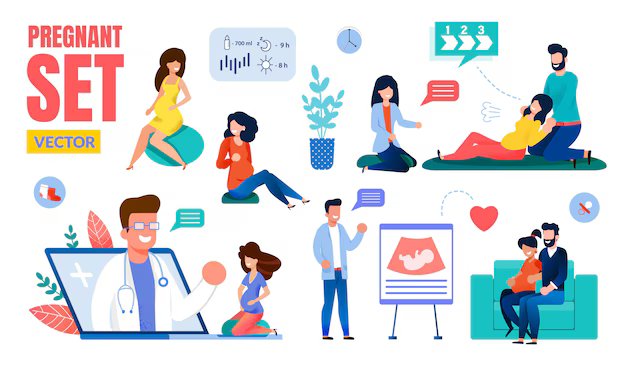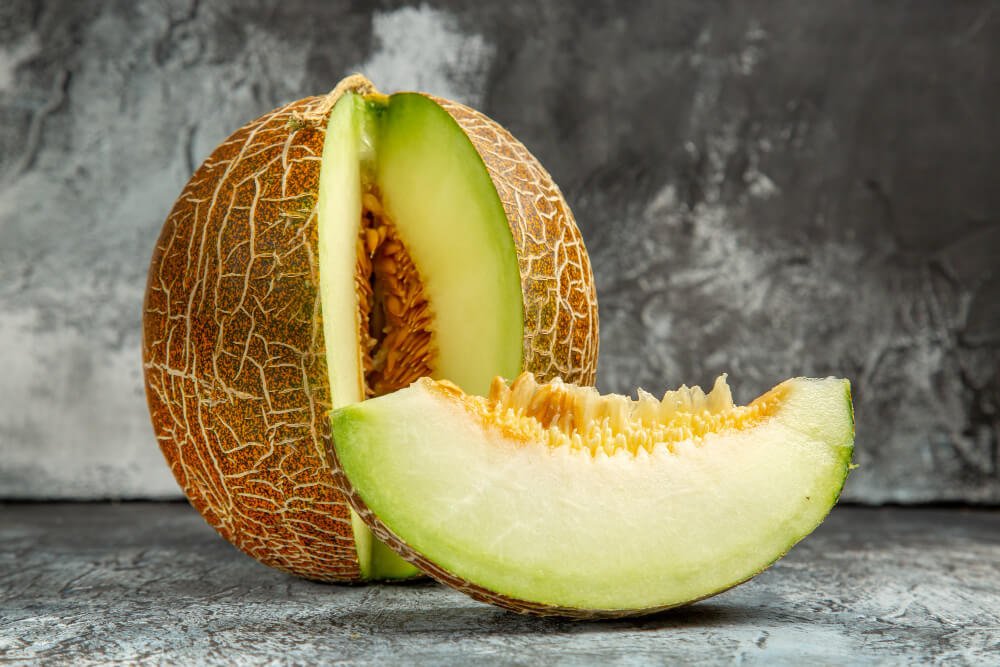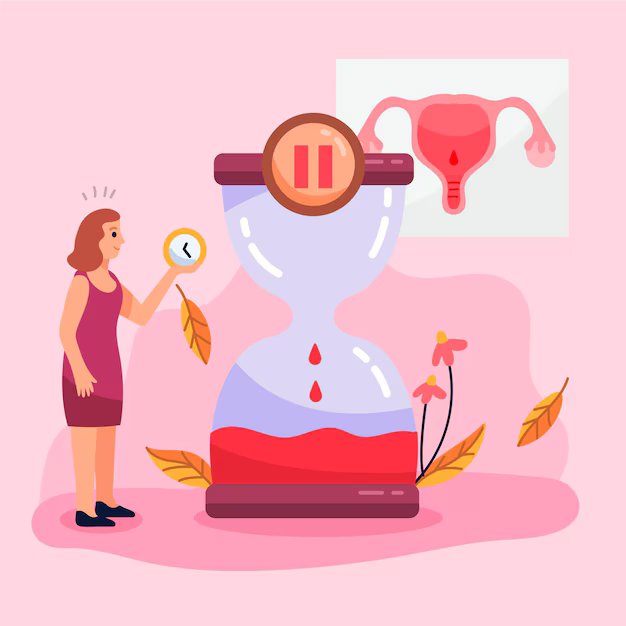A Complete Guide to Getting Pregnant: Understanding Fertility and Boosting Your Chances of Conception

The path to getting pregnant is different for every couple, and while conception is a natural process, it can sometimes take time and patience. However, by understanding the science behind fertility, ovulation, and reproductive health, you can make informed decisions that greatly increase your chances of becoming pregnant. This article serves as a comprehensive guide for couples who are trying to conceive, offering in-depth advice, tips, and strategies to help you get pregnant faster and in a healthier way.
Understanding Your Fertility: The Basics of Ovulation and Conception
The first step in getting pregnant is understanding your fertility cycle. Knowing when you ovulate and recognizing your fertile window is essential for optimizing your chances of conception. Ovulation occurs when an egg is released from the ovary and is available to be fertilized by sperm. For women with a regular menstrual cycle, ovulation typically happens about 14 days before your next period. This window of time is when you are most fertile.
In this article, we cover the most effective ways to track ovulation, including:
- Basal Body Temperature (BBT) Charting: Tracking your body’s temperature at rest can help pinpoint ovulation.
- Ovulation Predictor Kits (OPKs): These kits detect the surge in luteinizing hormone (LH) that occurs just before ovulation.
- Cervical Mucus Monitoring: Understanding changes in cervical mucus helps determine when you are most fertile.
By using these methods, you can accurately track your ovulation cycle and time intercourse for the best chance of conception.
Optimizing Your Diet and Lifestyle for Fertility
Diet plays a crucial role in fertility. What you eat can affect hormone levels, egg quality, sperm health, and the overall environment in your reproductive system. In this article, we explore the importance of a nutrient-rich diet to boost fertility. We provide in-depth information on:
- Fertility-Boosting Nutrients: Key vitamins and minerals, such as folic acid, iron, vitamin D, and omega-3 fatty acids, that improve reproductive health for both men and women.
- Foods to Avoid: Certain foods, such as processed sugars, trans fats, and high levels of caffeine or alcohol, can negatively impact fertility. We discuss how limiting these foods can improve your chances of conception.
- Fertility Supplements: For couples trying to conceive, specific supplements like folic acid, vitamin D, and omega-3 fatty acids can support reproductive health.
Along with nutrition, we dive deep into the impact of lifestyle habits on fertility, including:
- Maintaining a Healthy Weight: Both being overweight and underweight can affect ovulation and sperm quality. Achieving a healthy weight through proper diet and exercise improves fertility.
- Exercise and Fertility: Regular, moderate exercise can boost fertility by helping you maintain a healthy weight, reduce stress, and improve hormonal balance.
Stress Management and Emotional Health for Conception
One of the often-overlooked factors that can affect fertility is stress. High levels of stress can lead to hormonal imbalances that disrupt ovulation and menstrual cycles, making it harder to conceive. The emotional toll of trying to get pregnant, especially if it’s taking longer than expected, can further increase stress levels.
This article offers practical strategies to manage stress, including:
- Mindfulness Techniques: Practices such as yoga, meditation, and breathing exercises can help lower cortisol levels, reduce anxiety, and improve overall mental and emotional health.
- Relaxation Practices: Regular relaxation can help you maintain balance and reduce the pressure of trying to conceive.
By integrating stress management into your fertility plan, you can improve your chances of conception and approach the process with a more relaxed mindset.
Understanding When to Seek Fertility Help
While many couples can conceive naturally within a year of trying, others may need medical assistance. Understanding when to seek help is crucial for addressing potential fertility challenges. This article outlines the steps to take if you’ve been trying to conceive for more than a year (or six months if you're over 35) without success.
We explain:
- When to Consult a Fertility Specialist: If you have been trying to get pregnant without success, a fertility specialist can evaluate your reproductive health and offer guidance.
- Fertility Testing: The article provides an overview of the different types of fertility tests available, including hormonal blood tests, semen analysis, and ultrasounds to assess your reproductive organs.
- Common Fertility Treatments: If there are underlying fertility issues, treatments such as Intrauterine Insemination (IUI) or In vitro fertilization (IVF) can help. We discuss the pros and cons of each treatment and what to expect.
Knowing when to seek help and being proactive about your fertility health is an important step in achieving your pregnancy goals.
Natural Ways to Enhance Fertility and Conceive Faster
In addition to lifestyle changes and stress management, there are several natural ways to enhance fertility. This article highlights the following natural practices:
- Acupuncture and Traditional Medicine: Research shows that acupuncture can improve blood flow to the reproductive organs and enhance fertility by balancing hormones.
- Herbal Remedies: Certain herbs like red clover, chaste tree berry, and maca root have been used for centuries to regulate hormones and improve reproductive health.
- Detoxing Your Body: Environmental toxins, including chemicals found in plastics and cosmetics, can affect fertility. We explain how to reduce exposure to toxins and create a healthier home environment.
Sections Included:
-
Understanding Your Ovulation Cycle and Timing Intercourse
- Methods for tracking ovulation and identifying your fertile window.
-
Nutrition and Fertility: Foods and Supplements to Improve Conception
- Fertility-boosting foods, vitamins, and minerals to support reproductive health.
-
The Role of Stress and Mental Health in Fertility
- How stress affects your fertility and techniques for managing emotional health.
-
Maintaining a Healthy Lifestyle for Fertility
- Exercise, weight management, and avoiding toxins to boost reproductive health.
-
When and How to Seek Fertility Testing and Medical Support
- Fertility tests, treatments, and when to consult a specialist.
-
Natural Fertility Enhancements
- Acupuncture, herbal remedies, and detoxing your body to improve conception chances.
Related Articles

Coping with mood swings

Avoiding screens before bed

Baby development at 35 weeks

Miscarriage Myths and Facts: First Trimester Risks

Baby development at 3 weeks

Yoga poses that ease cramps
.png)
Practicing gratitude or affirmations
.png)
How periods affect focus and energy